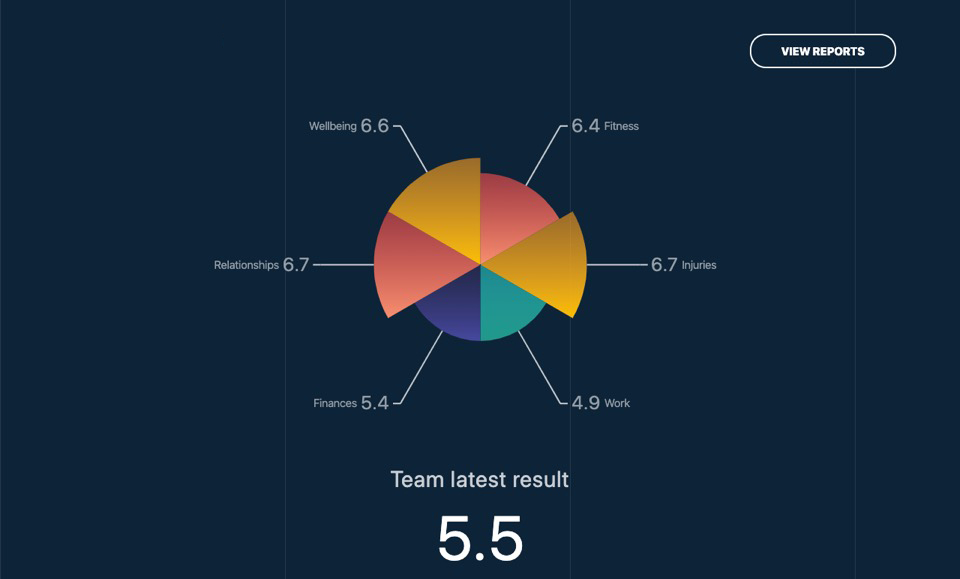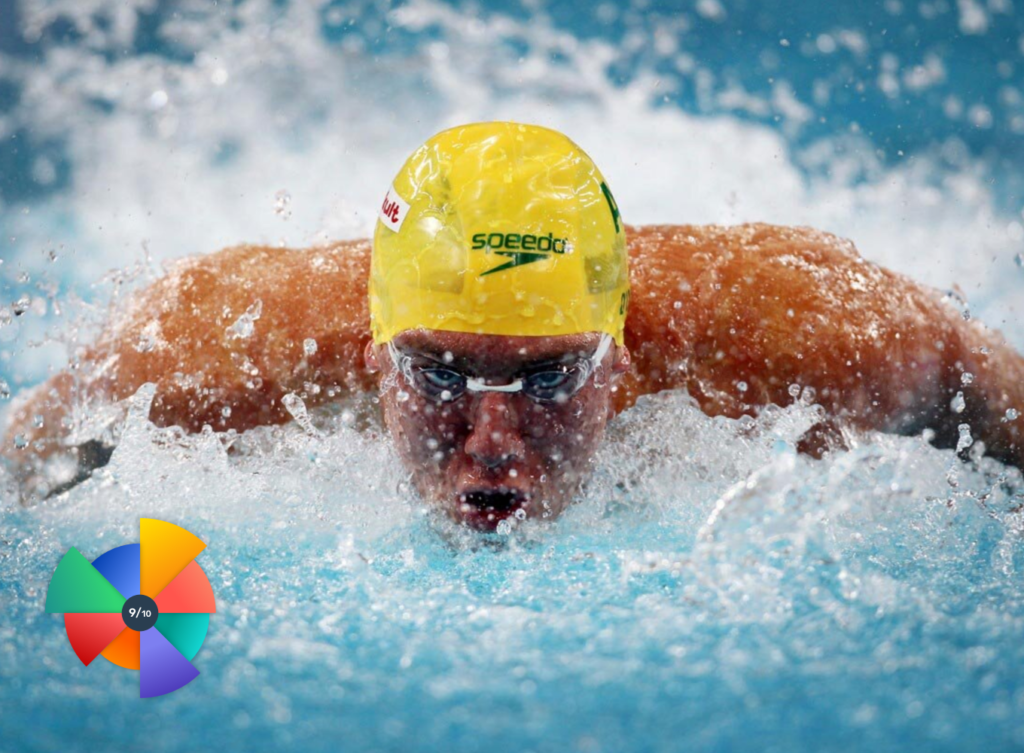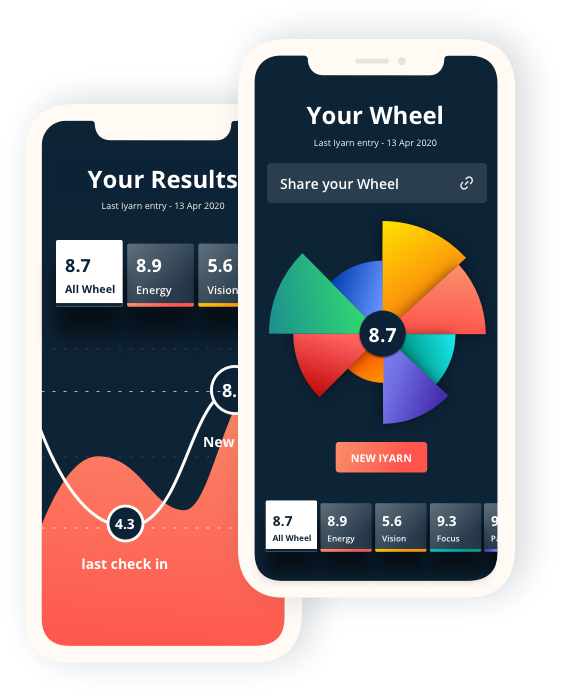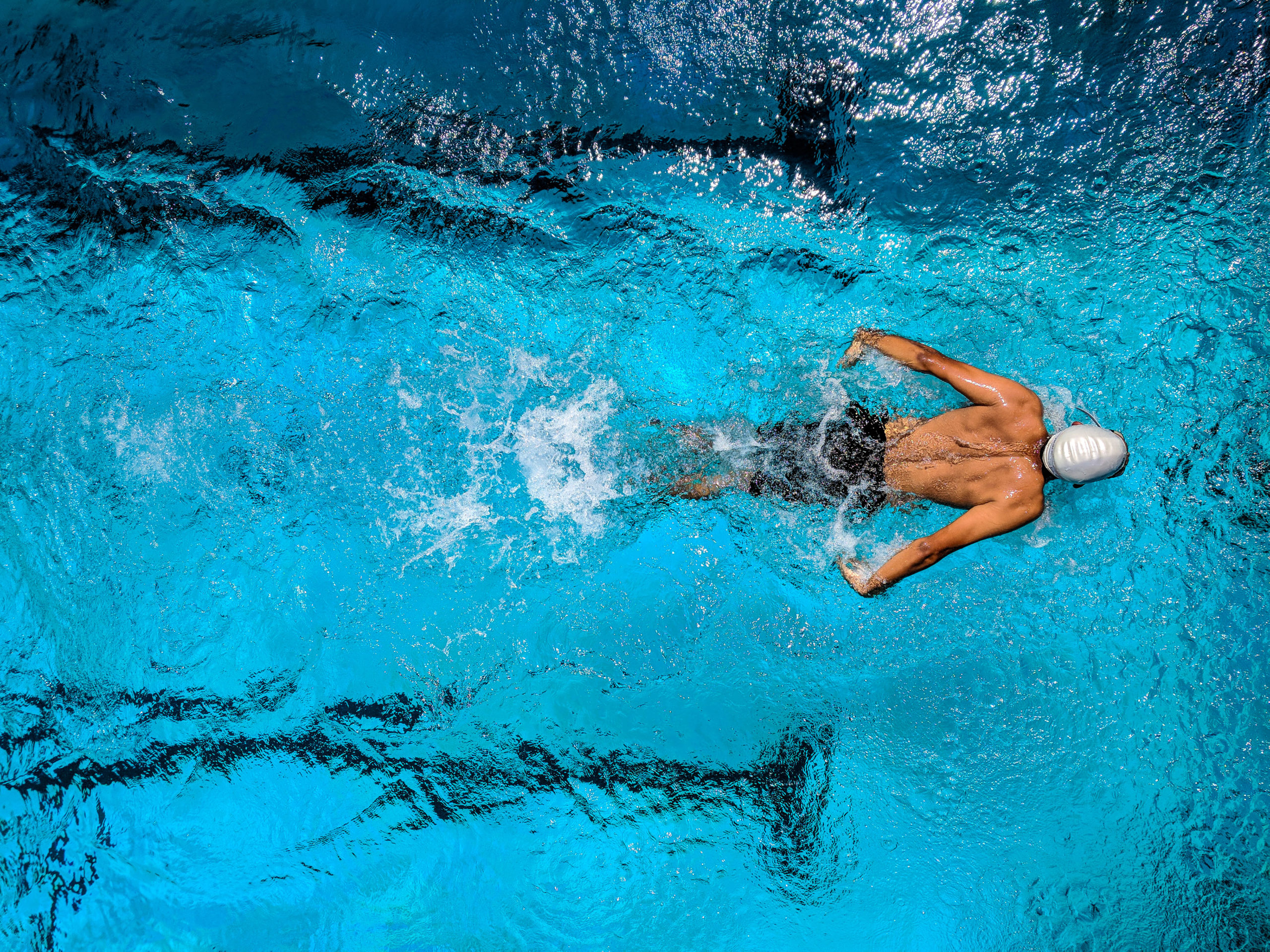How Swimming Clubs can Support Mental Health of Swimmers
Swimming is great for mental and physical health, but despite the benefits, most swimmers will face mental health challenges at some point in their lives. Public awareness of mental health challenges amongst swimmers has risen in recent years, particularly in the wake of public journeys through depression by Olympic legends like Michael Phelps and Ian Thorpe.
We’ll take a look at some of these challenges and some of the ways that swimming clubs and coaches can address these challenges.
Swimming is Great for Mental Health…
Swimming is popular all over the world, and for good reasons. In the moment, swimming is incredibly relaxing and releases endorphins. It’ll boost your mood and help self esteem. Cold water swimming in the North Sea was even an instrumental part of one swimmer’s journey through PTSD!
Swimming is low impact and it can be enjoyed by people of almost all ages. Even a brief dip in the pool has benefits, but regular swimming can lower your stress levels, enhance your sleep and reduce anxiety and depression, plus you’ll enjoy health benefits like reduced risk of stroke, heart disease and diabetes.
… but Swimmers Still Have to Take Care of Their Mental Health!
Elite swimmers such as Michael Phelps and Ian Thorpe have spoken publicly about their struggles with depression, just one of many mental health challenges facing swimmers. Australian Olympic Coach Leigh Nugent has also spoken about the mental health challenges facing coaches in swimming.
Swimming at this elite level is a pressure cooker environment. Gruelling training programs and harsh criticism in the absence of success are two of the factors that produce stress, anxiety, depression and concerns about body image. In a research study, almost 60% of nationally-competitive swimmers showed signs of failure based depression after competition. These rates were even higher in the top 25% of athletes.
And while elite swimmers perhaps hold the highest goals and are under the greatest scrutiny, mental health is certainly an issue in the sub-elite, amateur and junior levels of the sport.

The Importance of Swimming Clubs
Swimming is the third most popular physical activity in Australia. There are almost 900 swimming clubs and 90,000+ registered members.
Swimming clubs are obviously very important to a large number of people. They’re full of people you see regularly and hold a common interest with. These clubs are a huge part of our lives, on a weekly if not daily basis.
Mental Health in Swimming Clubs
Swimming clubs have a role to play in supporting the mental health of their members. There are many actions a club can take to support a “mentally healthy” culture. For example:
- Make mental health a priority – Mental health is a common challenge and the mindset and language of club leaders really matters.
- Identify a focal point – Identify a champion or small working group within your club for mental health. Support those people (and others) to receive training that fosters mental health in the club.
- Support awareness campaigns – There is an increasing number of resources available to swimming clubs to support the awareness of mental health issues. In Australia, RUOK? is a prominent mental health campaign, and ReachOut Australia recently launched Laps for Life in conjunction with Swimming New South Wales.
- Make it normal to chat about mental health – Clubs and coaches have a key role understanding the day-to-day health of their members, through questions like “Where’s your head at today?” and/or “How’s your mental health?” Clubs can also help by ensuring athletes understand the nature of mental health and have a safe space to discuss mental health.
Sporting clubs have been urged to take a particularly active role in supporting their athletes during the COVID-19 pandemic. If ever there was a time to lift your club’s focus on mental health, the time is now.
Get Help to Spark Deep, Honest Conversation
iYarn is an app that’s been built to help people connect to themselves and others. It’s an app that supports groups to develop their own skills to connect and support each other.
iyarn is well suited for swimming clubs and coaches to talk about athlete progress and athlete wellbeing.

How can Technology like iyarn Help?
An iyarn check-in is a catalyst for conversation and an opportunity to explore mental health specifically. iyarn allows you to:
- Quickly collect data from a swimming squad
- Initiative conversations on topics that matter
- Monitor data for trends over time
This data quickly builds up. It’s useful for personal reflection, but the primary reason for completing this wheels is as a discussion point with trusted friends, coaches and peers.


iyarn works fantastically with coach-swimmer one-on-ones. Pair iyarn with WhatsApp or Messenger video calls, and you’ve got a tool for keeping engaged with your club, even in self-isolation and times away from the pool.
Tips to Make the Most of iyarn
iyarn is all about unlocking good, honest conversation between people.
In general, the tips for using iyarn as a spark for conversation in clubs are:
- Talk about the positives.
- If people are comfortable, talk about the negatives. Note this may take some time.
- Talk about progress over time.
- Talk about actionable next steps that’ll help to improve ratings.

Checking in with Elite Swimmer, Tommaso D’Orsogna
Founder of iyarn, Lockie Cooke, recently checked in with Australian Olympian and Swimming WA Board Member Tommaso D’Orsogna. Cruise over to the podcasts to hear that conversation in full.
As a medallist at the Olympics and the Commonwealth Games, Tommaso’s tips for the six segments you could use on a wheel to improve the health, wellbeing and performance of the swimmers in your club are the following:
- Motivation
- Recovery/fatigue
- Stress
- Strength/fitness
- Sleep
- Wellbeing
Other segments you might consider would include social, relationships, injuries and/or nutrition.
Tommaso has also been involved in the testing and improvement of iyarn:
“iYarn is a simple but effective self-reflection tool that can be used to track your progress and visualise some of your own strengths and weaknesses to help progress as an athlete. But, even more importantly, it helps coaches to connect with and better understand their athletes in a meaningful way that can strengthen that professional partnership which underpins their development.”

Get Your Swimmers Talking
It’s easy to set up an iYarn ‘wheel’ to check in on swimmers in a squad or a club.
If you’re the first in your club, login and build a wheel by downloading the app from App Store (for iPhone) and Google Play (for Android) or use iyarn’s web app if you’re on a desktop. Set up a wheel in a few clicks and then share it to the people you need to check in with.
Check out our slightly longer guide to implementing iyarn in your sporting club here.
Best of luck!




